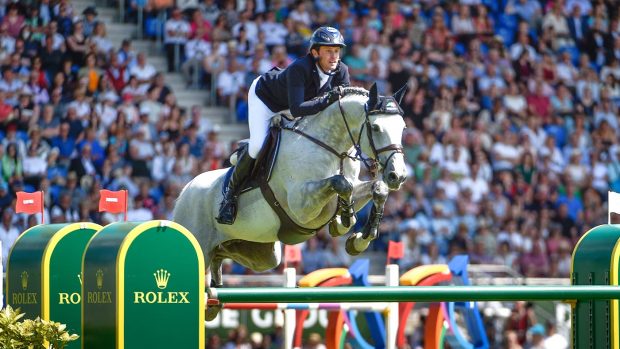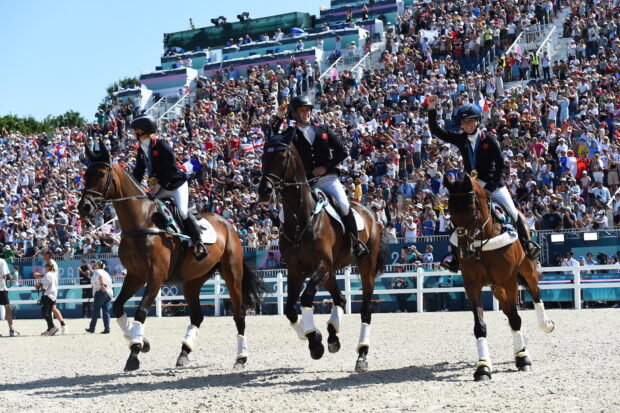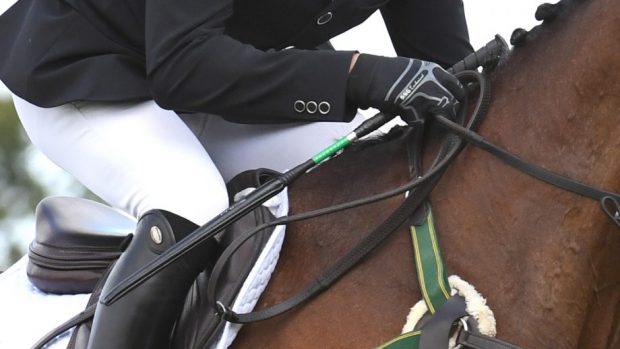Following the news of a recent outbreak of equine herpes virus in England, including a case of the neurological form of the disease, here is some useful information for all horse owners
The equine herpes virus has two major strains that cause disease, from the nine that exist: EHV1, which can cause respiratory problems, abortion in pregnant mares and, in rare cases, neurological problems leading to paralysis; and EHV4, which most commonly causes respiratory problems and very occasionally abortion in pregnant mares.
Early signs of the respiratory form of equine herpes include:
- Increased temperature
- Coughing
- Nasal discharge
- Lack of interest in food
Early signs of the neurological form of the virus include:
- A lack of energy
- Wobbly hind limbs
- Being unable to lift the tail
- Slight head tilt
A horse showing these signs should ideally be isolated and a vet should be called. To prevent the spread of the disease, all horses who have come in contact with an equine that may be carrying any infectious disease should remain on the yard until the vet has confirmed diagnosis.
Under the Horserace Betting Levy Board codes of practice it is recommended there is no equine movement in or out of a yard with an outbreak for 28 days from the date the last case was identified.
A horse can carry the equine herpes virus without showing any signs and it is believed that most older horses have been exposed to it at some point. Blood tests taken a couple of weeks apart can be used to see if a horse has recently been exposed to the virus, along with nasal swabs.
Read more expert information on EHV >>
Equine herpes virus vaccinations
There are vaccines currently available that work against both strains of EHV. However, although the vaccines are effective against the respiratory effects of the virus, they are not registered for use against the paralytic form.
The Animal Health Trust has previously advised that only healthy horses be vaccinated, and that horses which might have been exposed to the virus should not be vaccinated during an on-going outbreak of EHV. This is to reduce the chance of a horse, which is currently incubating the virus, receiving the vaccine.
If you are unsure whether or not to vaccinate your horse, then your vet is best placed to advise you.





